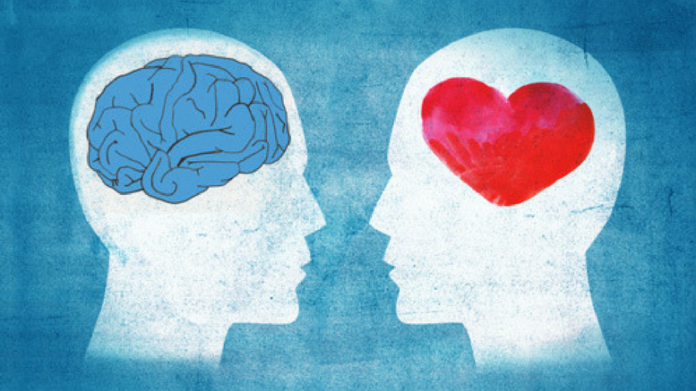BY MICHELLE CASTILLO
A study published on July 3 in Neurology revealed that reading, writing, and doing other mentally stimulating activities at every age helped stave off memory problems.
Researchers gave 294 older people memory and thinking tests over an average of about six years. The subjects were also asked if they read books, wrote, or did any other similar activities when they were a child, through adolescence, in middle age, and at their current age.
After the subjects died, their brains were examined for lesions, brain plaque, and tangles, which are physical signs of dementia.
Those who reported doing mentally stimulating activities throughout their lives had a slower memory decline rate than people who did not do those tasks.
Furthermore, those that reported the most reading and writing later in life were able to slow their memory decline by 32 percent compared to people with average mental activity. Those that reported the lowest mental stimulation in their later years had a 48 percent faster memory decline compared to the average.
Analysis:
Based on research findings, reading and writing help the aging population maintain sharpness and benefit their wellbeing. With mobility affecting social isolation in the aging community, writing might also yield benefits in helping someone communicate and connect with others. Designing something centered around encouraging older adults to write while also connecting them with others would benefit this community.
Michelle, Michelle. “Reading, Writing May Help Preserve Memory in Older Age.” CBS News, CBS Interactive, 4 July 2013, www.cbsnews.com/news/reading-writing-may-help-preserve-memory-in-older-age/.




